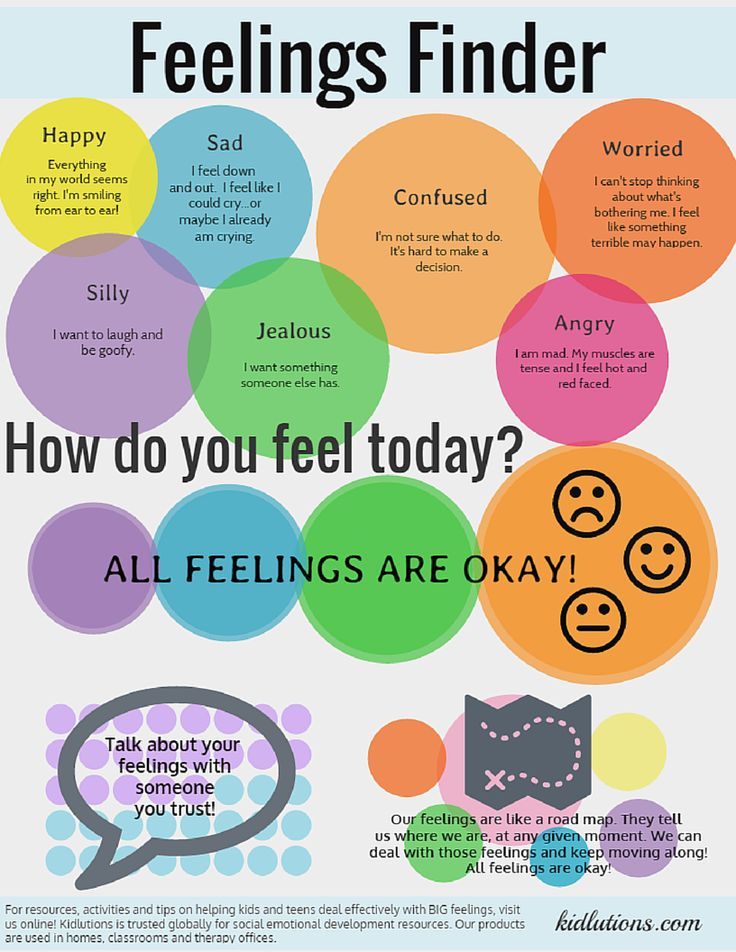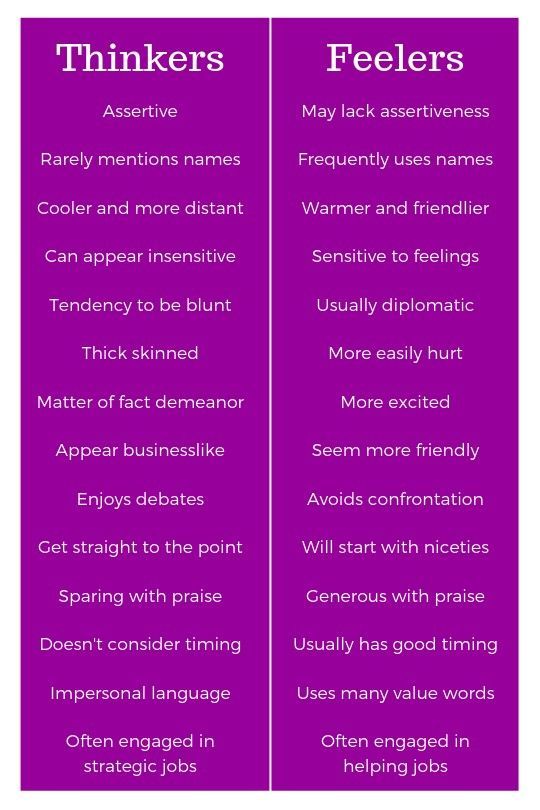How to make someone understand your feelings
20 Ways to Help Your Partner Understand How You're Feeling
Knowing how to make someone understand your feelings is not easy.
After all, no one has the power to read minds. Even if your partner is the sensitive type, understanding others’ emotions won’t come easy. The reality is, no matter how kind your partner is, there will be times where they will miss your cues.
That is the reason why sometimes, we feel neglected and abandoned. We feel that the person who used to know what we need is now distant or doesn’t care at all.
It’s understandable to feel this way, but there can be many reasons why your partner never seems to understand your needs and your feelings.
Have you ever thought that maybe you don’t know how to express emotions in a relationship? Or maybe your partner also has issues expressing feelings in a relationship; that’s why they are having a hard time understanding you?
Whatever the reason is, knowing how to make someone understand your feelings can be challenging. That’s why we have 15 simple ways on how to make someone understand your feelings.
What is your communication style?
Before we proceed with the tips on how to make someone understand you, we first need to be aware of your communication style.
Why is this important?
The way we talk to another person influences how they would react.
For example, you want your partner to understand you, but your communication style is aggressive.
“You owe it to me to be there when I need you! I’m entitled to be understood and to be emotional! You don’t know anything, do you?”
Since your partner is not a mind reader, your approach might trigger a misunderstanding.
15 Easy tips to get your partner to understand what you’re feeling
How you talk to your partner can make a difference.
This is where these 15 tips come in. What we want is peaceful and productive communication between two people who are in love. As you communicate effectively, you will be able to understand each other and even grow together.
Don’t say:
“You are never there when I need you!”
Instead, say:
“I feel sad and hurt when you don’t comfort me when I’m feeling lonely.”
The first rule – avoid using “YOU” statements. It’s a strong statement that feels like you are accusing the other person. The topic is about what you are feeling and not about your partner’s shortcomings.
2. Keep it shortIf you can talk to your partner, it’s tempting to pour your heart out in one sitting – but it’s better not to do that.
Instead of your partner understanding where you are coming from, you might end up confusing your partner even more. Sometimes, we want to be all honest and make our partner get a better understanding of what you are feeling.
However, if you start enumerating all of them, your partner might lose focus and start tuning out of the topic. It’s better to keep it simple and relatively short.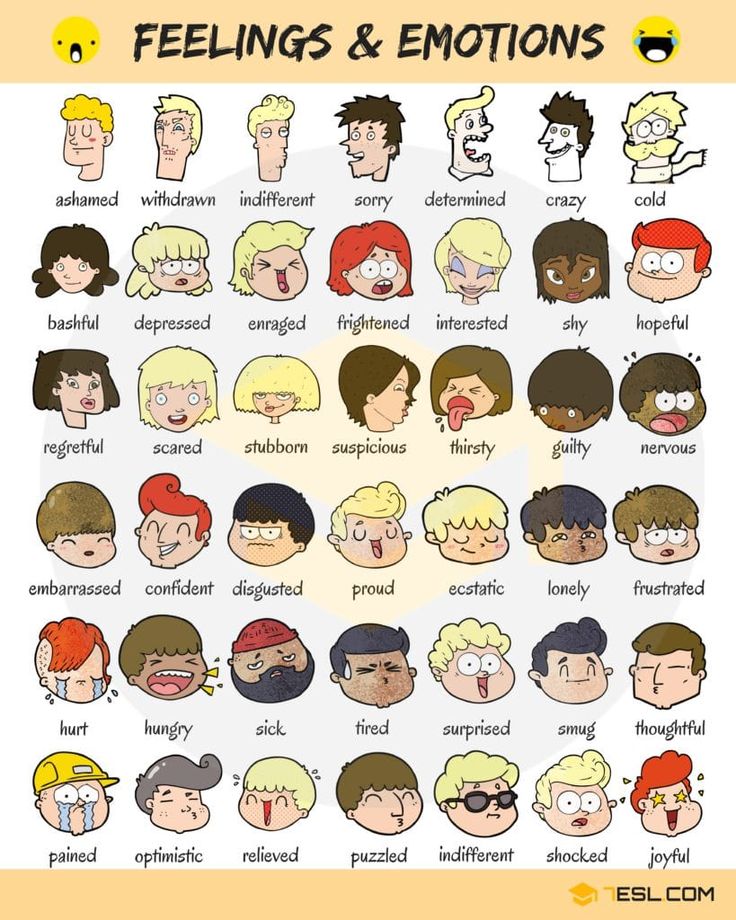
If you want to be understood in your relationship, you also need to learn that understanding your partner is just fair.
If your s.o also feels neglected or misunderstood, it will be hard for this person to understand you as well.
Remember that an ideal relationship is a two-way street.
By showing your partner emotional support, your partner will also reciprocate the act of being there for you.
4. Be calmBeing aggressive towards each other will not make things better.
If both of you raise your voice and start blaming each other for your shortcomings, do you think you will resolve anything?
Again, your tone and your communication style matter. Pay attention to your tone, your volume, and your words.
Make sure that if you want your partner to learn how to understand you, use a calm and friendly voice. Your partner is not your enemy, and the main goal here is to show how to make someone understand your feelings.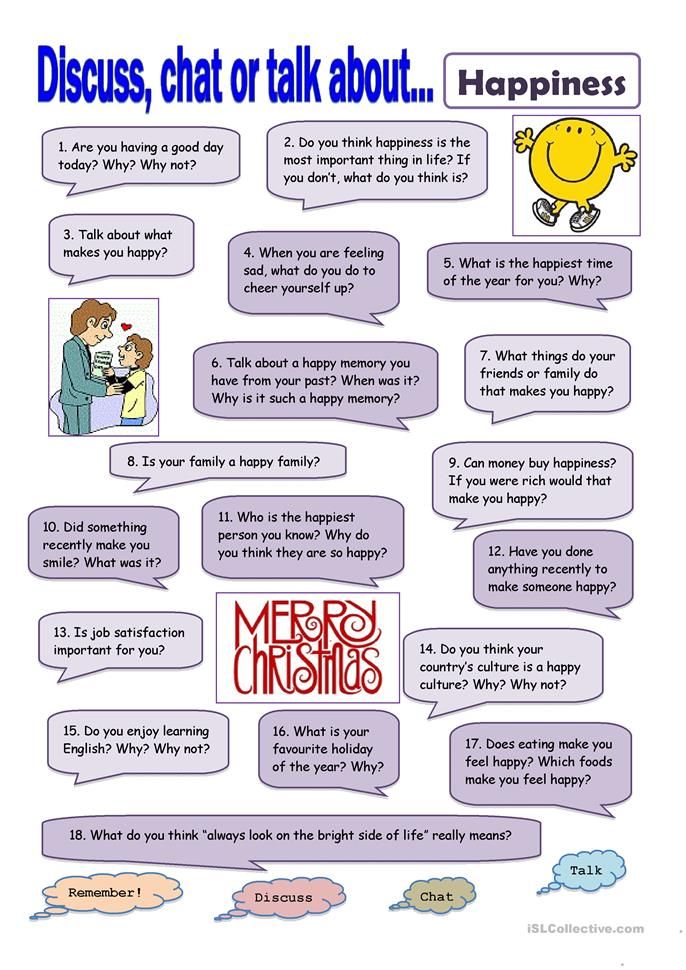
If you’re upset and making a point, but your partner sees that your hands are clenched, this may cause aggression.
Make sure that your body is relaxed and open. This will help you explain your point in a friendly manner. Your body language can make a big impact on your partner’s reaction.
6. Discuss your emotions in your conversationsDo you want to know how to make someone understand your feelings? Start making conversations a habit.
We all know how important communication is, right? If you haven’t tried sharing your emotions while having a conversation with your partner, then this is the time to start doing so.
Another tip is to try to incorporate open-ended questions. For example, you can say:
“What was the best part of your presentation today?”
This allows your partner to share more details about their emotions. Instead of saying, “it went well,” your partner can tell you more about what happened during the presentation.
Before you know it, sharing your emotions would be a regular part of your daily conversations.
7. Explain what you feel clearlyWhen you feel the need to explain what you are feeling with someone, do it.
Some people would rather be passive and resent their partner for not getting it. While others choose to be passive-aggressive, that ends up in a huge misunderstanding.
Try to be specific and clear. Remember, your partner doesn’t know what you are thinking.
Here’s an example:
“When you are busy playing games on your phone, I feel neglected. What I need from you is understanding; maybe you can spend less time on your games when I’m here with you?”
By saying this, you are addressing why you feel neglected and what your partner could do to make things better. Your partner no longer needs to guess what is wrong.
8. Remind your partner that they are enoughLearning how to explain your feelings to your partner is not that easy as well. Sometimes, your partner, upon hearing your sentiments, would automatically want to be better and change.
Sometimes, your partner, upon hearing your sentiments, would automatically want to be better and change.
We don’t want to see our significant other feeling upset or sad because they think they’re not enough. After expressing yourself, it’s always nice to remind your s.o that they are enough.
Tell your partner that listening to you when you express how you feel is already a big effort.
9. Choose your timing wiselyLearning how to show emotion in a relationship through conversation is nice, but choose your timing wisely.
If your partner is driving, in a meeting, was laid off from work, and is tired. Don’t surprise them with your emotions and ask them to talk. Do it when you are free, relaxed, and calm.
10. Know your partner’s languageWe also need to be observant when we are dealing with issues like emotions.
Even if you’ve been together for many years now, your partner may have a different way of communicating. By understanding your partner’s communication style, you will get an idea of what approach is appropriate.
If you feel neglected and are currently having an argument, this is not the right time to burst all your anger and resentment.
This can make things worse between the both of you.
Instead, speak less when you’re in an argument. We don’t want to say words that can hurt our partner and vice versa. We can’t take back hurtful words once we’ve said them.
12. Try to write a letterIf you feel like you have a lot to say or if you are not good with words, then maybe, you can write a letter.
By knowing your emotions, you can better explain with your partner.
If you make a mistake, then just try again. It’s way better than spending time trying to explain everything. This method can also give you the time that you need to compose your letter.
13. Be reasonable with your expectationsLearning how to make someone understand your feelings doesn’t mean that you will always be on the same page.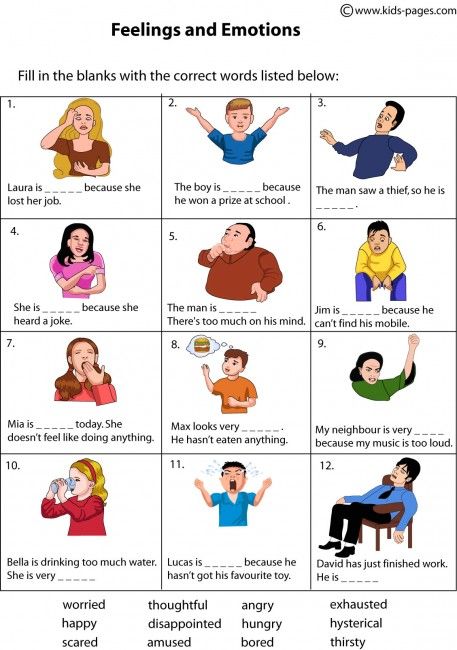
We all have different experiences and even ways on how we love and show our feelings. There will be times where our expectations won’t be met.
This is where emotional understanding takes place. You can work together and meet halfway.
14. Keep it lightRemember why we said it’s nice to talk and be open to your partner when you’re too emotional? It’s because we want to maintain a light conversation.
It’s possible to let your partner know how you feel without too much drama. Can you imagine having a light conversation with your partner and being able to say how you are feeling? Wouldn’t this be nice?
15. Your significant other is your partnerLastly, remember that your significant other is your partner.
This means you need to work together and resolve issues hand in hand. It’s not about who’s right or wrong – it’s all about working together. By avoiding criticisms, demands, and aggression, you will have harmony in your relationship.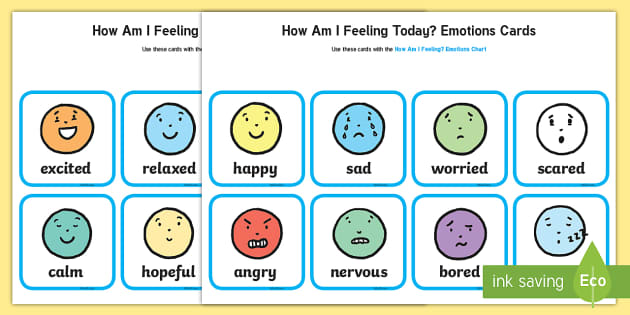
To learn how to stay calm, watch this video:
Do you think learning how to make someone understand your feelings is easy?
It’s not, but it’s something that you can work on. We all want to know how to be more understanding in a relationship, and it’s something that we can work on.
We will all encounter situations where we think our s.o is no longer paying attention to us.
Again, that’s normal, but how you handle this situation matters.
Every relationship is different, and there will be ups and downs. It’s always nice to know that you have a partner who will comfort and support you.
In any event that your partner fails to, don’t feel bad immediately. Talk and understand each other because that’s what partners do.
How to Express Your Feelings and Emotions in a Relationship
Expressing your emotions to your partner can feel challenging. Learning how to do so can help you strengthen your bond.
Learning how to do so can help you strengthen your bond.
Diving into your own emotions can be tough enough. Discussing them with someone else, especially your romantic partner/s, may feel downright overwhelming.
But doing so is critical for your relationship: Talking about feelings builds trust and intimacy, says Laura Silverstein, a Pennsylvania-based clinical social worker.
“The more vulnerable we are, the closer and more connected we will feel,” says Silverstein, who’s also a certified Gottman couples therapist, and author of the book “Love Is an Action Verb.”
Sharing your feelings and emotions with your partner is all about being thoughtful, clear, calm-ish, and kind.
First, try to understand your emotions
Before talking with your partner, consider working on identifying how you’re actually feeling. Your partner may not fully grasp what’s going on if you don’t have this clarity.
Canada-based Michelle Baxo, who has a master’s in Counseling Psychology, suggests exploring emotions to “help you unravel the complexity of what you’re feeling.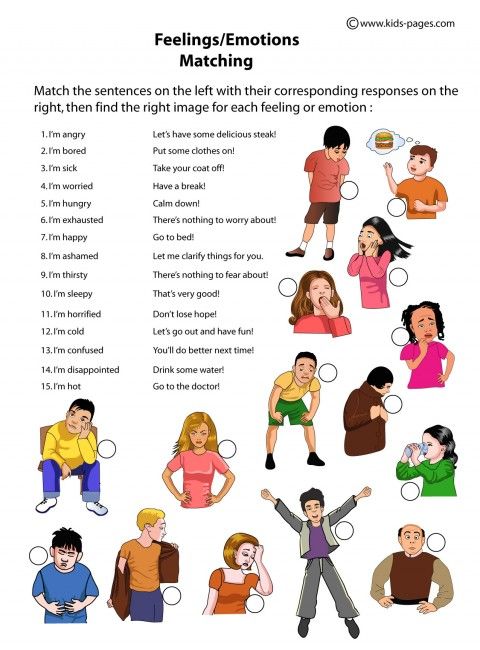 ” This can be done with:
” This can be done with:
- journal prompts for emotions and feelings
- heartfelt chats with a close friend
- sessions with a coach or therapist
If you’re still not clear about how you feel, try to communicate this to your partner.
“’I’m experiencing some mixed feelings about this’,” suggests Tina B. Tessina, PhD, a psychotherapist in Long Beach and author of “Dr. Romance’s Guide to Finding Love Today.”
“At least that gives your partner a chance to understand the confusion better,” she notes.
Consider breathing a bit
Expressing your emotions thoughtfully is much harder when you’re wound up. So, before you start an emotional conversation with your partner, “take a deep breath, or 10,” suggests Baxo.
Calming your mind and body — even just a bit — helps you be intentional with your explanation and boosts the chances of your partner being receptive to what you have to say.
Any relaxation technique can help you balance your emotions and gain perspective on what and how you’d like to share with your partner.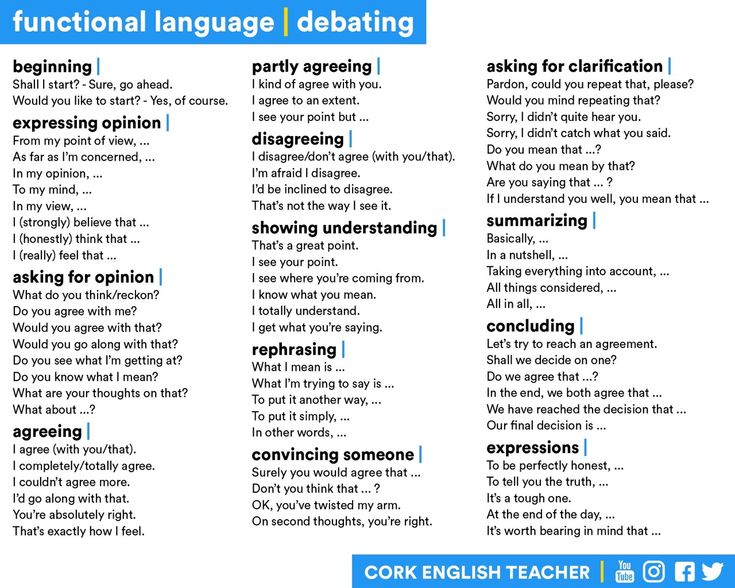
Consider if sharing is helpful
“Not all feelings need to be shared,” says Rebecca Williams, a marriage and family therapist in Southern California.
For example, she notes, you might be annoyed with your partner. When you dig deeper, though, you realize that your irritation may stem from not getting enough sleep or from a stressful work project.
“You can deal with [these feelings] yourself,” says Williams, “and preserve goodwill in your relationship when you don’t take your stress out on your partner or tell them absolutely everything that bothers you about them — especially if [it’s] something they can’t control.”
Identifying your
why helpsIf you want to express your feelings in the relationship, consider your reasoning.
- Why are these emotions so important?
- Would you like your partner’s help with what’s going on?
- Will this strengthen your bond?
Francesca Parker, a psychotherapist in New York City, emphasizes reflecting on why you want your partner to know this particular piece of information.
To get some clarity, consider these questions:
- Are these feelings about my partner?
- Do I want my partner to make a change?
- Do I want to share something I’m concerned about?
- Do I want my partner to listen or problem solve with me?
Try to always ask first
Before launching into your emotions, consider asking your partner if it’s a good time to discuss how you feel.
“If it’s not a good time, find out when is a good time, and talk then,” says Baxo.
Your mental and emotional state is essential to meaningful conversations, as it’s your partner’s.
Contemplate stating your emotions
“When you start a sentence with the words, ‘I feel,’ the third word out of your mouth should be an emotion,” says Silverstein.
For example:
- I feel irritated
- I feel frustrated
- I feel misunderstood
Here’s an extensive list of emotions to help you pinpoint and articulate how you’re feeling.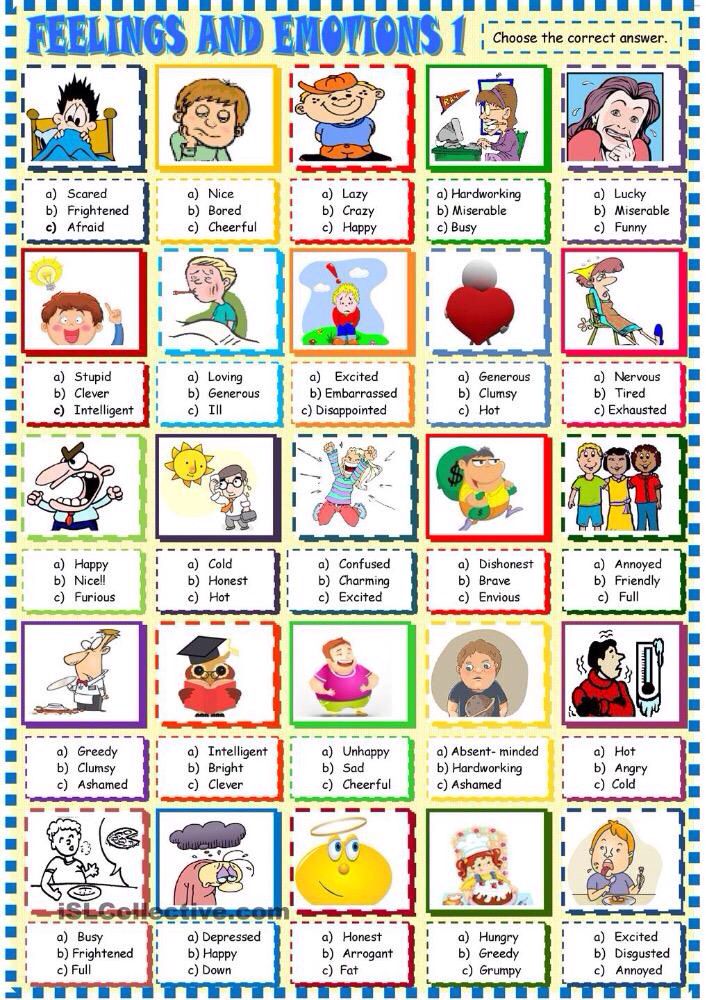
If the third word isn’t an emotion, says Silverstein, you’re likely expressing something else — “a thought, opinion, or a judgment or criticism.”
It’s also important to request feedback. “Check in with your partner to see if what you’re saying makes sense to them and ask them what they think,” adds Silverstein. “Or, better yet, ask them how they feel.”
Try to request changes thoughtfully and gently
Sometimes, you’d like to share emotions and ask your partner to make some kind of long-term change. According to Parker, that’s when it might be helpful to think about specific actions.
For example, maybe you need a few minutes to yourself after coming home from work. Or, you’d like additional help around the house.
When making a request, Parker suggests using this approach:
- telling you partner what they’re doing well
- communicating what’s concerning you, and why and how they can help
- affirming that you love and care about them
Discussing emotions in general can help
You may not realize your upbringing greatly shaped how you view, approach, and express your emotions. Those belief systems may not be shared by your partners or be all that helpful.
Those belief systems may not be shared by your partners or be all that helpful.
For example, if you learned that it’s best to bury emotions because they’re a sign of weakness, you likely won’t share them in the first place, says Christian Bumpous, a marriage and family therapist in Nashville.
Bumpous encourages couples to have explicit conversations about emotions and the ways you learned to deal with them growing up.
According to Bumpous, try to take turns picking an emotion, like anger, sadness, or joy, and then consider discussing:
- what you learned about that emotion and how to manage it
- anything you like about what you learned
- anything you don’t like
- your current core beliefs about that emotion
Next, try to discuss how you’d like to handle emotions as a couple.
For example, Bumpous suggests exploring these questions:
- In this relationship, what do we believe about emotions?
- When we feel _______, how do we want to handle that?
- How can we support each other when we aren’t feeling well?
When your partner’s the one expressing their emotions, it’s important to create a welcoming space for them to share. These tips can get you started:
These tips can get you started:
Try to chat about emotions regularly
Make discussing your emotions a regular routine, suggests Jared DeFife, PhD, a clinical psychologist in Atlanta.
Doing this may help both of you practice expressing your emotions, so the process is less intimidating and simply becomes something you do as a couple.
What if your partner isn’t ready to share their feelings at your regular session? Try to talk with them about rescheduling, he says.
Picking up on emotional cues may help
According to Tessina, “If something tells you your partner has feelings you should know about, say it.”
For example, she says, you might tell your partner: “You’re looking tense, do you want to talk about it?”
Consider accepting all of your partner’s emotions
Try to avoid judging what your partner shares. Criticizing your partner when they’re finally opening up to you can quickly lead them to shut down — in some cases, for a while.
Sometimes, you may not realize you’re being judgmental. DeFife shares these examples, which can make your partner get defensive:
- How could you be sad about that?
- That doesn’t really make sense.
- You shouldn’t be feeling that way.
Instead, underscores Williams, try to focus on being open, asking curious questions, and validating their emotional experience.
Try to listen intently
Listening and paying attention are critical for healthy relationships.
For example, a 2018 study found that participants who talked about a stressful situation with an attentive partner reported higher levels of relationship satisfaction.
Try to give your partner your undivided attention by:
- putting your phone away
- not interrupting them
- not rushing the discussion
Consider learning to manage negative reactions
Despite your best efforts, when your partner reveals they’re upset, you might still lose your cool.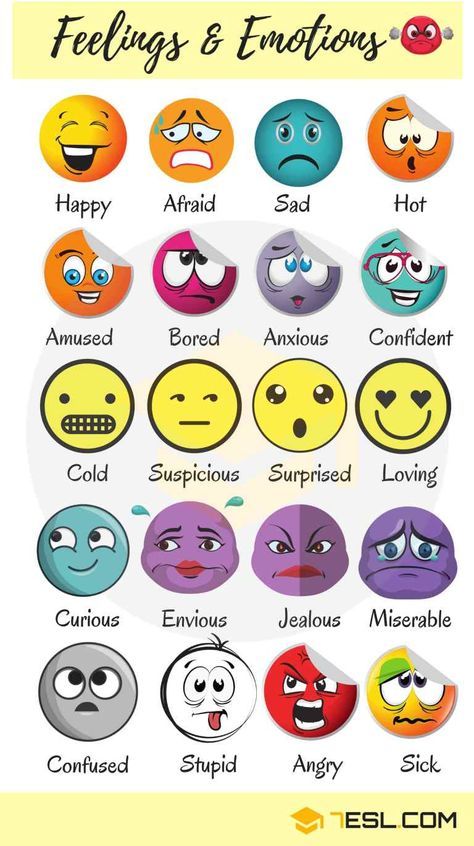
DeFife suggests acknowledging any negative behaviors you’re prone to. For example, you might tell your partner: “I know I can get defensive when I get revved up. Please let me know when I start doing that, so I can correct it.”
Another option is to take a time out, so both of you can calm down.
Try to remember the power of a genuine apology. Consider admitting your misstep and explaining how you’ll work on not doing it again in the future.
“All emotions are important in relationships, not just the loving ones,” says Tessina. When you bring up your emotions in a thoughtful, kind way, you can work on the challenges as a team. This can increase your sense of emotional security.
The key is to pause and explore:
a) what you’re feeling
b) whether sharing that feeling with your partner is important to you and the relationship
As Silverstein notes, “Getting in the regular habit of emotional expressing and sharing your inner world will become easier over time and help you slowly build a stronger, deeper connection. ”
”
7 ways to make people feel important
Making people feel important is the key to good relationships. By making people feel they matter, you strengthen your bond: love, friendship, and work. You can use the methods described in the article both to please your soulmate and to strengthen ties in the team. The methods are universal, and the purposes of their application can be very different. You can also expand your arsenal of communication skills on the online program "Best Communication Techniques".
1
Personalization
Each person is a unique individual. Let your interlocutor feel it. Brian Tracy said that the main secret of charm is to make a person feel like a million dollars.
Call the person by their first name, remember small details of past conversations, ask how their training or work on a new book is going. Remember the features of the person and show that you remember them. Show that a person is not one in a thousand, but one in a million.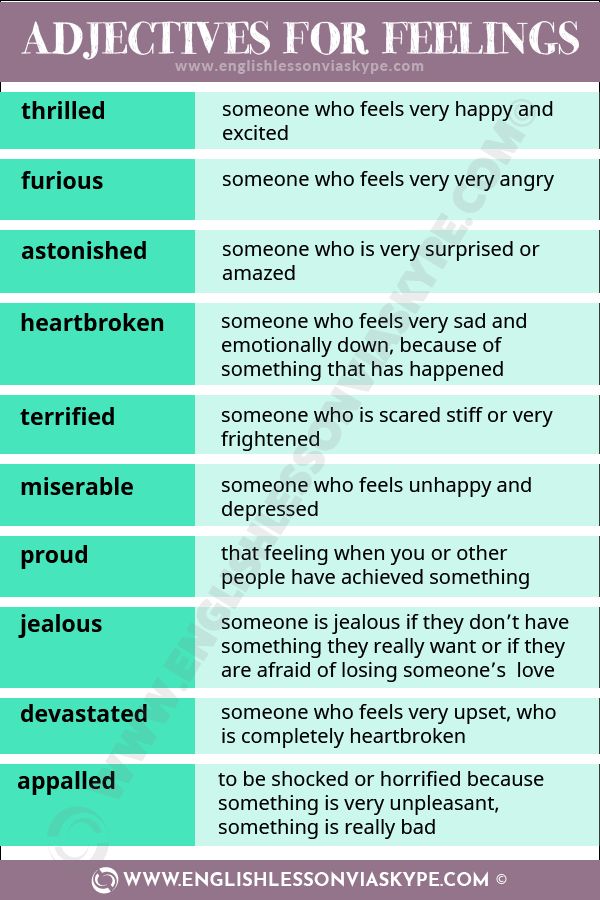
We advise you to develop your memory and learn to remember names, for example.
2
Service
One of the most powerful ways. Find out what needs your interlocutor has, and try to satisfy them if it is within your power. Teach a person something, give advice, prompt. Offer your help and fulfill the request.
Remember: to serve is not to serve. You can provide services and various kinds of assistance without belittling yourself, but, on the contrary, increasing your authority. After all, only a strong and self-confident person can help others.
Do a favor, and the person will definitely feel their importance. At least for you.
3
Politeness
Obviously, if a person is treated rudely and impolitely, he will not feel significant. Respect for the interlocutor is a must. Without it, you are unlikely to be able to make him feel important.
4
Encouragement
We all need encouragement from time to time. Give support, energize a person, say a kind word to him, motivate. Your interlocutor will instantly feel significant if he feels your participation.
Give support, energize a person, say a kind word to him, motivate. Your interlocutor will instantly feel significant if he feels your participation.
Several ways to cheer up the interlocutor:
- Make it clear that it is normal to be out of your element, out of order. There is always something wrong with a person. Something could always be better. There could always be something missing. You need to accept it. Accept and move on.
- Change your perspective on failure. Failure is an opportunity to improve. This is the guideline for your development. Know how to analyze your mistakes and improve yourself based on them, and not engage in self-oppression. Learn for yourself and teach others.
- Point to the positive side. While everything is falling apart in one area, things are going smoothly in another. Redirect the person's attention to those things in which he is doing well.
Cheer up a person is easy. This is unlikely to take long. But the effect will be tangible. Try it.
But the effect will be tangible. Try it.
5
Appreciation
Show that you are grateful to the person, that he means a lot to you and that you are grateful to him. Friendship and love are destroyed not only by a bad attitude, but also by indifference.
Make a small gift, arrange a pleasant surprise. Find a way to please your loved one. At least just tell him that he is dear and significant to you, even by phone. It would be enough.
6
Attention
Know how to listen to the person. Learn to notice the peculiarities of his behavior, distinguish his emotions, understand what he is interested in and what is not. Develop empathy. For people to tell you more, to tell you the most important things, to open up to you to the end, sometimes just listening to them is enough.
You must be not only a talented storyteller, but also a talented listener. Then your interlocutors will feel their importance.
7
Interest
Each person has a unique experience. Everyone knows something that you don't. I saw what you did not see, and so on. Each person is incredibly interesting - be able to understand it yourself and make it clear to your interlocutor.
Everyone knows something that you don't. I saw what you did not see, and so on. Each person is incredibly interesting - be able to understand it yourself and make it clear to your interlocutor.
Learn from the experience of your interlocutor. Get his opinion. Even if you disagree with him, it will be no less useful, because by criticizing someone else's judgment, you form your own.
Remember that every person is incredibly interesting. This is beneficial for both of you.
Letting people feel important is easy to please. And, of course, do not forget about your importance.
We wish you success!
Key words:1 Communication
How to make someone feel guilty so that he realizes everything?
If a person does not care and he just enjoys life in this way, he will still continue to do the same. He may hurt you again or hurt someone else. If you want him to know how much you hurt, show it.
Guilt is a very strong emotion, if a person, of course, feels it.

Many people ignore guilt. They are unwilling to admit that they did something wrong. They simply do not pay attention to it, even forget about it later if no one reminds them. But it is very important for people to feel it.
Because guilt can teach lessons. The more a person worries about this, the more he realizes what he has done. And those who ignore guilt often repeat the same mistakes, only each time their “pranks” manifest themselves in an uglier and more “toxic” way.
How to Make Someone Feel Guilty So They Realize
It is necessary to make a person feel guilty. But what can hurt you even more is when the person doesn't care at all. This is often the result of his ignorance. If you really want to make someone feel guilty, here's how to do it.
Define your feeling
You can't cry out in pain if you don't know how much it hurts. Are you angry? Offended? Do you want to hurt this person?
Are you angry? Offended? Do you want to hurt this person?
You really need to think about the emotions that are swirling around in your head so that you can pinpoint exactly what they are. Once you recognize them, you can reason about why this person made you feel this way. Only then can you work on making him feel guilty.
Take the time to make a plan
You can't go up to someone and start screaming about how much you've been hurt. It almost never works and ends up looking like crazy. And do you really think that a person will feel guilty when he is shouted about it in his face?
No. You should take some time to put together a plan of action in the first place. Sit down and think better about how to get the attention of this person so that you can talk to them about important things. Once you understand how you feel and what you want to say, you can move on to the next step.
Present your arguments
Just do it, but don't be aggressive. The person will already begin to feel guilty when you tell him about your pain. Nobody wants to admit that he upset someone. And so he will avoid you if you start making accusations.
The person will already begin to feel guilty when you tell him about your pain. Nobody wants to admit that he upset someone. And so he will avoid you if you start making accusations.
Instead, make sure you are calm and can talk about things in a civilized manner. Even if you are really angry at heart, try to look nice and adequate on the outside so that you can really hook the person before they get defensive.
Make the person feel like they belong in the situation
Often people don't feel guilty because they can't figure out what their fault is. This misunderstanding arises from the fact that they consider themselves not involved in the fact that you are hurt. To fix this, you must talk to them in a way that they can understand.
Therefore, explain the situation in an understandable way. Analogies are great for this as you paint the same situation in a new light. So the person will understand better.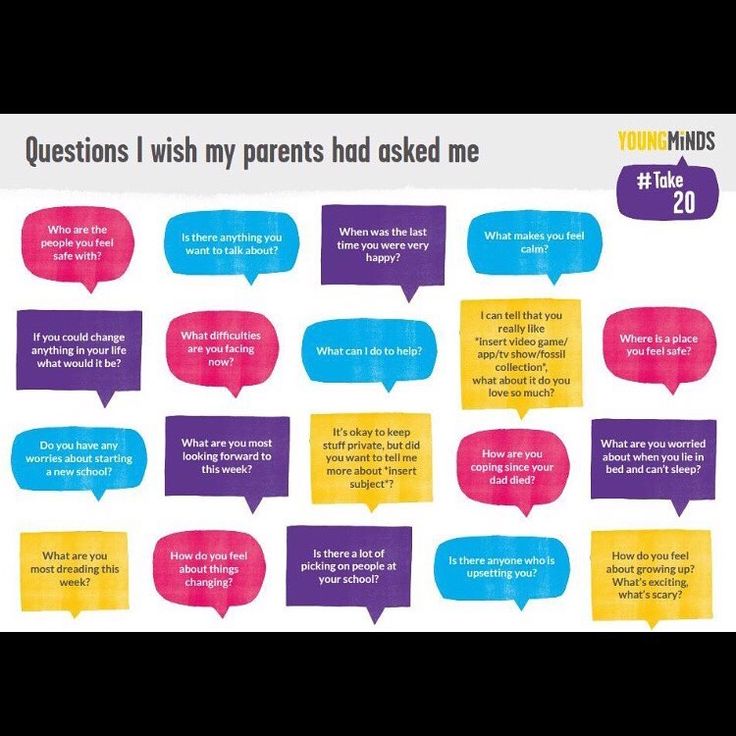
Let him see that you are hurting
It's okay to show your pain. You don't have to force yourself to hide it. If you want to cry, then cry. Show the person how much pain they have caused you.
However, control yourself so that he does not think that you are very dramatic. Trying to hide how you really feel will make the person think you are cheating. And all the stories about how much it hurts you will be perceived as a farce.
Draw his attention to you
It's not always good to indulge in drama, but some people need it. Sometimes you literally have to go crazy to get the attention of the offender. So put on a show. If you haven't been able to reach him in any other way, this may be your only option.
Once you realize you've got his attention, slow down. Try to make sure that he understands what you are getting at. Otherwise, he will just get angry and refuse to listen to you.
Otherwise, he will just get angry and refuse to listen to you.
Treat him accordingly
You were in pain. The person did something bad to hurt you, and you should treat them accordingly. You may not even want to talk to him afterwards. Treat him like he did something terrible and you don't like it.
Avoid him and even insult him if necessary. Some people need this kind of "treatment" or they won't realize how badly they've done. If you act the same as always, they will think that you have not been harmed, that everything is fine.
Talk about it logically
Do not talk about yourself all the time, discussing why you are hurting. Describe what happened logically. Take yourself out of this equation. Show that someone was hurt in this situation, and it's not just you.
Some people think that a person is just too sensitive and doesn't hurt as much as he says.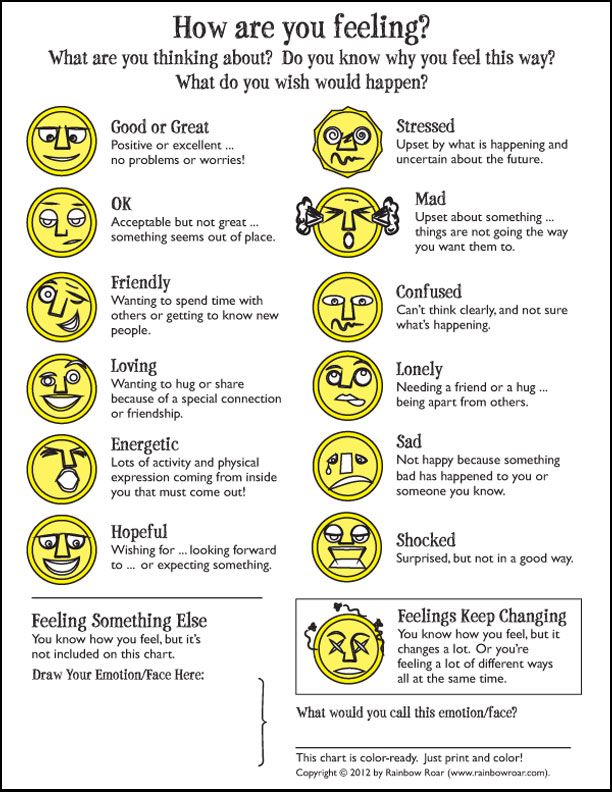 A logical explanation for why you feel this way can help them understand that your sensitivity isn't the problem.
A logical explanation for why you feel this way can help them understand that your sensitivity isn't the problem.
Talk seriously and find out the opinion of the offender
Most people just want the other to feel guilty, that's all. They do not care what prompted them to such actions.
But you must. Maybe the person didn't even want to hurt you. So let him speak. Listen to him before attacking with your grievances. You will be able to understand much more than if you use any other method.
Come to terms with the fact that he doesn't care
You cannot change everyone. Some people, no matter how hard you try, will never admit they did wrong. They immediately become defensive and don't care who they hurt.
You can't expect someone to feel guilty, always.